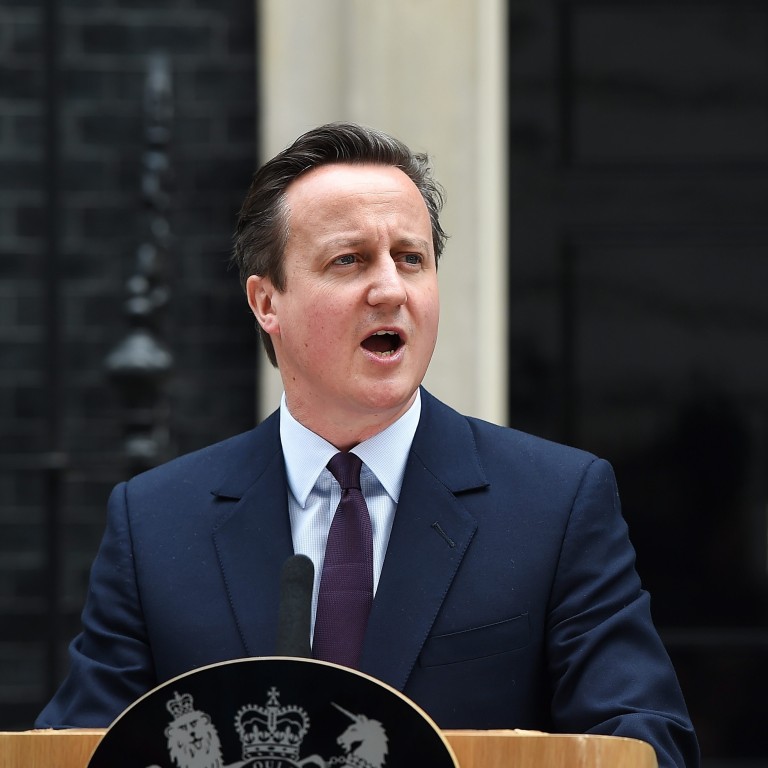
Now the pressure starts for David Cameron
An unusually large number of voters whose intentions remain undecided until the last minute is an election wildcard. If most end up voting the same way they can bring about a totally unexpected result and confound pollsters.
An unusually large number of voters whose intentions remain undecided until the last minute is an election wildcard. If most end up voting the same way they can bring about a totally unexpected result and confound pollsters. A memorable case in point is Prime Minister David Cameron's stunning victory in the British general election. It came after his Conservative Party had waged a neck-and-neck campaign struggle with the opposition Labour Party, with the polls indicating neither would win a majority.
This raised the possibility of weeks of negotiations to form a government.
Even on election night, Thursday, it seemed that Cameron, at best, would be able to form a minority government after leading a coalition with the Liberal Democrats for five years.
Later vote counting gave him a slim working majority over Labour, the Scottish Nationalists - the other big winners - and minor parties, which now include the Liberal Democrats.
Ironically, a stronger prime minister will find himself lacking the advantage of the comfortable majority of the coalition with the Liberal Democrats to push through legislation.
To pass contentious bills Cameron will need to be able to count on every last Conservative Party vote, or support from minor parties.
The Conservatives can also expect to come under pressure for more devolved power from the secessionist Scottish National Party, which pulled off a landslide in Scotland, a former Labour stronghold.
A Cameron government means Britain will press ahead with his promise to renegotiate the relationship with Europe ahead of an in-or-out referendum on European Union membership by the end of 2017. Cameron says he wants Britain to remain in a reformed EU.
Voters apparently preferred the risk of a euro exit to the risks to the economy of opposition leader Ed Miliband's radical policies for a fairer society.

